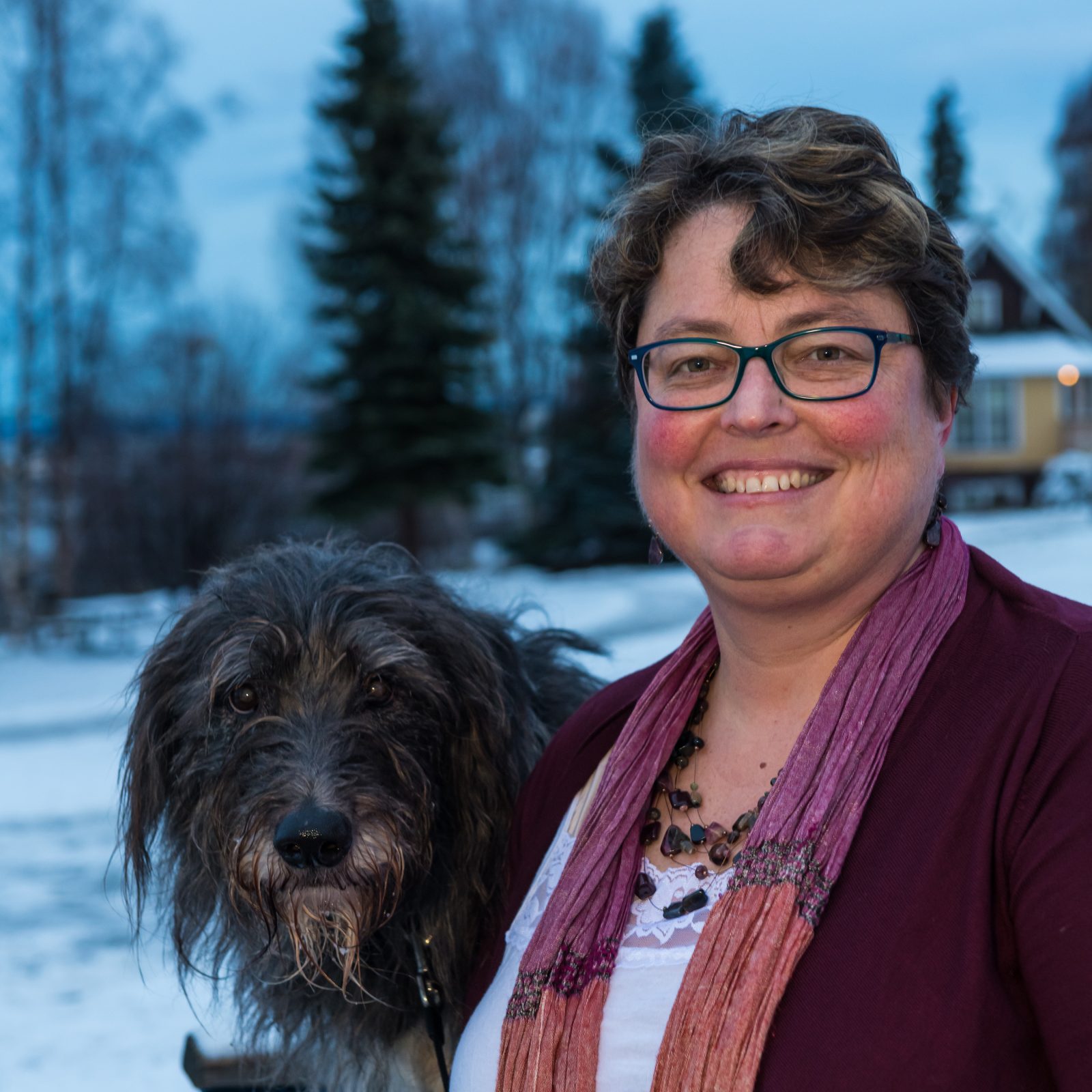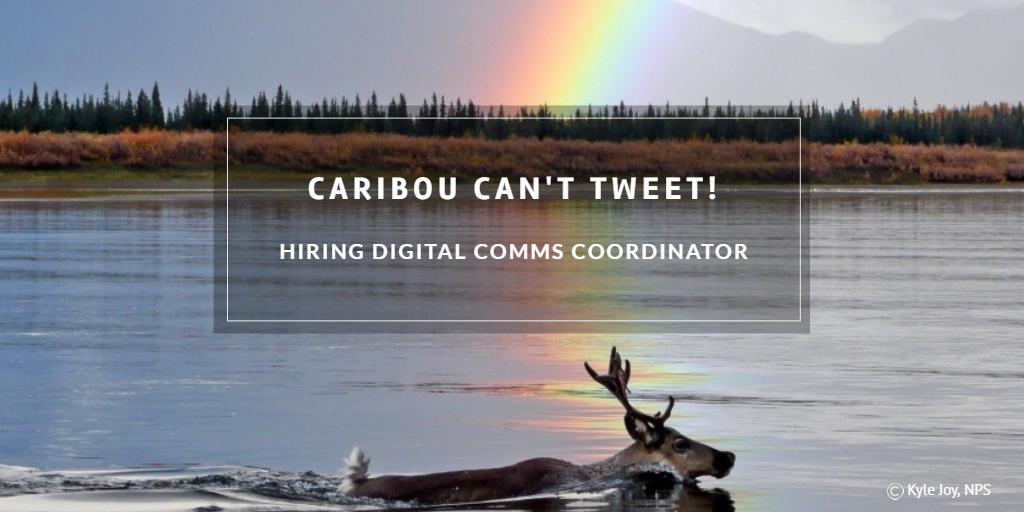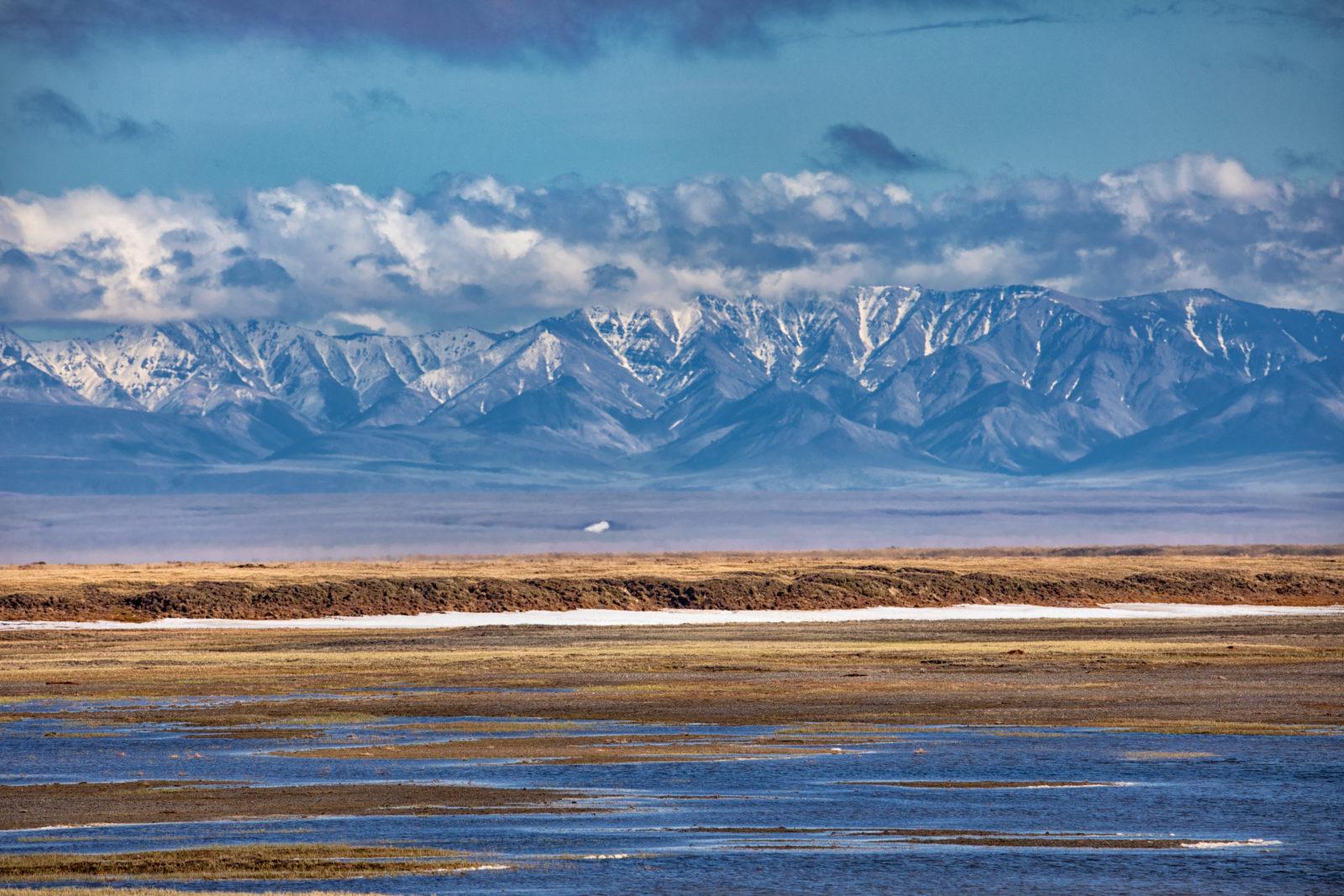
Alaska News Brief April 2021: Breaking up and breaking cycles
The snow has vanished from my roof and the last icicles have plunged to the ground. As our friendly Alaska climatologist @Climatologist49 posted the other day, “You can stick a fork into winter. It’s done.”

As I sit here now, the sun shines through bare branches and a good deal of crusty snow remains on the ground.
Alaskans call this time of year “break-up” because ice and snow fissure and break up, and transform into slush and meltwater that goes wherever gravity takes it. (My backyard gets boggy this time of year and, man, there was a lot more Loki doo that I didn’t get between snowfalls than I had thought!)
We break up with winter every year—and every year it feels like a great weight falling off our shoulders.
I’ve been thinking of things we need to break up with to lift the weight off our collective shoulders, like fossil fuel addiction and exploitive economies.
Then came the verdict in the Derek Chauvin trial. I realized that lifting off one small weight brings some relief and hope, but it does not change the cycle. Bringing justice where there is structural injustice is going to take a lot more change in what we think and do and require.
As tennis player Naomi Osaka put it, “I was going to make a celebratory tweet but then I was hit with sadness because we are celebrating something that is clear as day. The fact that so many injustices occurred to make us hold our breath toward this outcome is really telling.”
A thousand people are fatally shot by law enforcement every year. Black people are disproportionately represented in those deaths. Police are three times more likely to shoot to death unarmed Black people posing minimal threat than unarmed white people posing minimal threat.
These tallies of violence experienced and witnessed every day represent human beings with names, families, and dreams.
We demand all climate solutions center climate justice and racial justice… We demand clean air, clean water, and access to healthy food… We demand a just recovery from the parallel health pandemics of COVID-19, pollution and the climate crisis, and systemic racism… We demand qualified immunity… We demand an end to sacrifice zones… We demand reparations… We demand that you go as far as possible to take apart systemic racism that got us to where we are now… We demand that you act based on the economic benefits of climate action, not the economic risks of ending fossil fuel pollution…
We Shall Breathe
Nothing will bring George Floyd back to his family, friends and community, yet his family called for a national turning point and urged Congress to pass the George Floyd Justice in Policing Act. They called for action that doesn’t just offer relief, but that disrupts the cycle of violence.
That same afternoon, the We Shall Breathe National Earth Day Summit hosted by the Hip Hop Caucus issued similar demands around police brutality, pollution, poverty, the pandemic, and the ways in which we make and enact policy.
I urge you to read all these demands and recognize their ambition. The conviction of a police officer does not change the world into one that’s more caring, healthy, and just. Our ambition does.
May we all be ambitious with the care we give to our relationships with and responsibilities to each other and the planet.
Happy Earth Day!


Vicki Clark, executive director
PS. Thanks to supporters like you, we can continue fighting to protect Alaska’s land, water, air, wildlife and people!
Making the 30 x 30 plan work
President Biden’s commitment to the 30 x 30 plan sounds simple enough: Protect 30 percent of the nation’s lands and oceans by 2030 to confront the climate emergency and protect the health of people and animals. What could it look like and is it enough?

Looking for digital comms opportunities?
We might have the summer gig for you!



